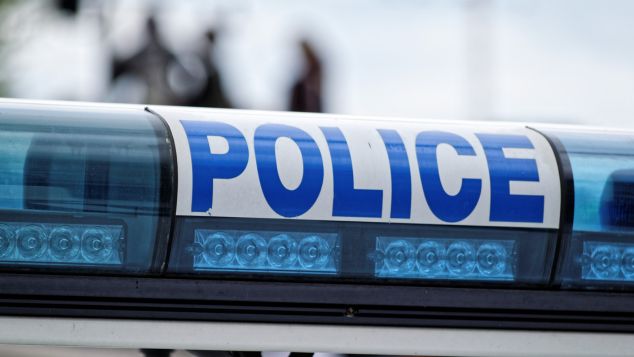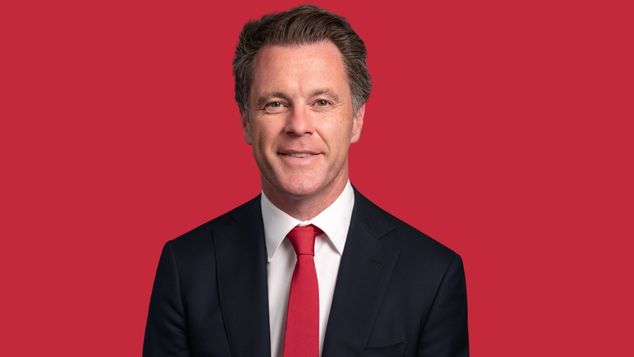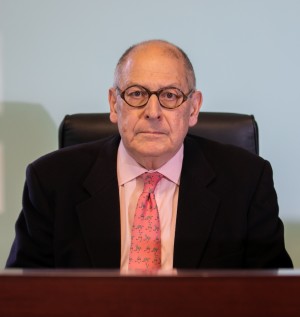
The New South Wales government has released the findings of it’s Special Commission of Inquiry into LGBTIQ hate crimes in the state with scathing findings against the state’s police force.
The report criticises the police’s historical investigations into murders and hate crimes, as their more recent assistance to the inquiry. It recommends LGBTIQ bias training for police officers and an audit into all unsolved homicides in the state.
The inquiry has been held over the last 18 months and examined the deaths of 32 people and looked into more than 150,000 documents and 40 years of police investigations.
The commission did not look into the deaths of Scott Johnson and Raymond Keam, as both were the subject of court cases during the course of the inquiry. Both cases has recently seen people convicted decades after the deaths took place.
The final report includes recommendations relating to specific cases, police procedures, and a call for all unsolved murders between 1970 and 2010 to be reviewed.
NSW Supreme Court Judge John Sackar who headed the inquiry criticised the way police had approached the inquiry.
“The response of the police to the inquiry was, at times, defensive and unhelpful,” he said. Commisisoner Sackar said the police seemed unwilling to acknowledge “the extent of the hostility experienced by LGBTIQ people.”

Premier Chris Minns says the government will carefully consider the report’s recommendations.
NSW Premier Chris Minns said his government would take time to consider the report.
“It takes courage to relive the traumatic experiences you have shared as partners, family and friends who have lost loved ones, and as a community that has suffered unimaginable injustice,” the Premier said.
“I thank all of those who came forward with information or otherwise assisted the Inquiry – for your contributions and staunch advocacy for partners, family members, friends and community.”
“It takes courage to relive the traumatic experiences you have shared as partners, family and friends who have lost loved ones, and as a community that has suffered unimaginable injustice.” the premier said.
“Thank you also to Commissioner Sackar and the entire Inquiry team for your tireless work in pursuing justice for the victims of these crimes.”
“The Government will now take the time required to thoroughly consider the Commission’s report.”
The state’s Attorney General Michael Daley also welcomed the release of the report form the inquiry.
The comprehensive work undertaken by the Inquiry has shone a light on some of the darkest events in our states history.”
“I know many members of our community have been deeply impacted by the events examined by the Inquiry and the reopening of wounds that has been a difficult but necessary part of this process.” Daley said.
“We hope that in a small way this process will have provided some level of closure and healing.”
“Our work here is far from over and our focus now shifts to ensuring we deliver a meaningful and decisive response., We owe nothing less to victims, their families and friends.”
NSW Police were “indifferent, negligent, dismissive and hostile”
Commissioner John Sackar has some harsh criticism for the NSW Police Force (NSWPF) both over their conduct during investigations in years gone by, and their current interactions with his inquiry.
The report stated that for many people the experience of the death of a loved via often violent circumstances was compounded by the attitudes of some members of the police force who approached the deaths in a way that was ” indifferent, negligent, dismissive or hostile.”
“There is no doubt that the response to the deaths of those who were perceived to be members of the LGBTIQ community frequently reflected the shameful homophobia, transphobia and prejudice that existed both in society broadly, and within the NSWPF.” Justice Sackar said noting, that his report would give the force and particularly it’s Unsolved Homicide Team “much to reflect on.”
The inquiry found that the police had failed in their responsibilities to properly investigate deaths where the victim was, or perceived to be, an member of the LGBTQ communities.
Justice Sackar described the police’s approach to his inquiry as “adversarial or unnecessarily defensive”.
“It can provide scant comfort to the LGBTQ+ community in NSW that the NSWPF continues to treat the review of LGBTQ+ hate crimes as an adversarial issue,” he said.
NSW Police Commissioner Karen Webb has responded to the report saying the organisation she leads today is committed to building and strengthening it’s relationship with thew LGBTIQ+ community.
“For those individuals and their families who have experienced hurt and suffering from the actions and attitudes of the past, I acknowledge your pain.” Commissioner Webb said.
“It is deeply regrettable and while I cannot undo what has occurred previously, I give you my commitment today that NSWPF is determined to uphold the policies, education, and training now entrenched in the practices of modern policing which did not exist 30 years ago.
“As noted in the report NSWPF has made significant efforts since the 1990s to reassess and improve the ways in which it relates to the LGBTIQ+ community and responds to LGBTIQ+ concerns.
“This is an ongoing priority for our organisation as we seek to serve the community of NSW with respect, fairness and inclusivity.” the commissioner said, noting that she would take time to consider the report’s recommendations.
LGBTIQA+ rights group Just.Equal have called on police services in New South Wales and around the country to take note of the report.
“We commend Justice Sackar on his recommendations for a review of how historic hate crimes are handled, for unconscious bias training, and training on how to identify bias-based crime.” spokesperson Rodney Croome told OUTinPerth.
“We urge police services around Australia to heed these recommendations, and to ensure crime motivated by ant-LGBTIQA bias has no longer brushed under the carpet or overlooked.”
Graeme Watson
Do you need some support?
If you are struggling with anxiety or depression, support and counselling are available from:
QLife: 1800 184 527 / qlife.org.au (Webchat 3pm – midnight)
QLife are a counselling and referral service for LGBTQIA+ people.
DISCHARGED: info@discharged.asn.au / discharged.asn.au
Discharged is a trans-led support service with peer support groups for trans and gender diverse folks.
Lifeline: 13 11 14 / lifeline.org.au
Beyondblue: 1300 22 4636 / www.beyondblue.org.au
You can support our work by subscribing to our Patreon
or contributing to our GoFundMe campaign.






